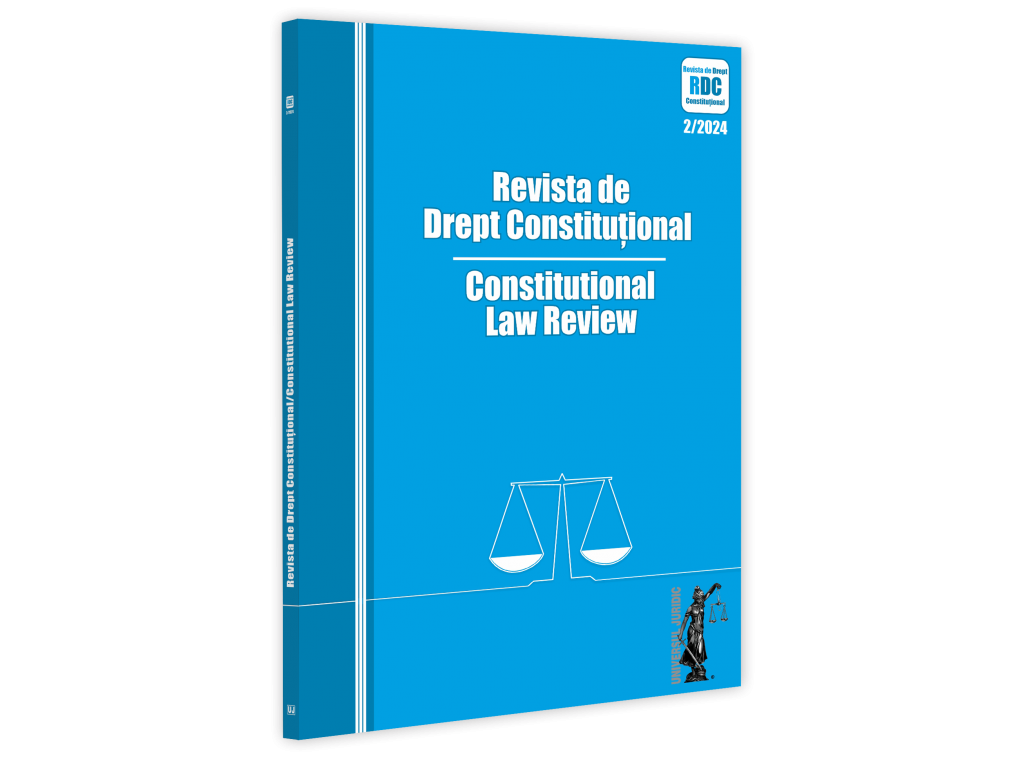Constitutional morality: The new instrument of justice?
Constitutional morality: The new instrument of justice?
Author(s): Afreen Afshar Alam, Pragyanshu GautamSubject(s): Law, Constitution, Jurisprudence, Constitutional Law, Civil Law
Published by: Universul Juridic
Keywords: constitution; constitutional morality; comparative constitutional law; supreme court; indian jurisprudence;
Summary/Abstract: Historian George Grote is credited with creating the theory of Constitutional Morality in the 1800s. According to Grote, Constitutional Morality is the peaceful coexistence of freedom and restraint in democratic administration. The theory of Constitutional Morality is a relatively new development in the body of judicially created constitutional law in India. The Supreme Court has used it in significant judgments, and it refers to the idea that constitutional governance requires not only adherence to the text of the Constitution but also a commitment to underlying constitutional values and principles. Doctrines like Basic Structure and Constitutional Morality have been used to impose implied constitutional limits on the Government, rooted in principles of the Constitution that judges consider essential to its existence. This means that judges can assess the legality of constitutional changes and Government activities by checking that they do not contradict the “spirit,” “soul,” or “conscience” of the Constitution. The Supreme Court has emphasized that adherence to constitutional values and principles is critical for maintaining a just and democratic society. Judges must use their discretion responsibly in applying these principles to specific cases. The Apex Court has also clarified that the doctrine of Constitutional Morality does not give judges unlimited power to impose their values on society but requires them to interpret the Constitution in light of its underlying principles and values. In this paper, the researchers trace the history of Constitutional Morality, its humble beginning, and eventual evolution. The paper also talks about its origin in India and its connection with the Chairman of the drafting committee of the Indian Constitution, Dr. B. R. Ambedkar. Ambedkar’s views on Constitutional Morality were rooted in his belief that adherence to constitutional values and principles was essential for maintaining a just and democratic society. Subsequently, it scrutinizes the recent developments that have taken place in the Indian Judiciary concerning the doctrine and how the notion of constitutional morality has made a comeback in our nation’s jurisprudence. The researchers shall trace landmark cases like Naz Foundation, Navtej Singh Johar, and Joseph Shine, wherein the Supreme Court held that Constitutional Morality checks popular morality and ensures that laws and government actions are consistent with enduring principles of justice and fairness.
Journal: Revista de Drept Constituțional
- Issue Year: 2024
- Issue No: 02
- Page Range: 79-98
- Page Count: 20
- Language: English
- Content File-PDF

